Given a n*n grid which contains P points, what is the total minimum cost to cover P points using rectangles which must contain exactly K points, cost being the perimeter of rectangles.
1. This problem seems similar to polygon triangulation with an extra constraint being that each small rectangles should contain exactly K number of points.
Asked
Active
Viewed 336 times
1
J Yokkie
- 21
- 1
-
1Is there a programming question in here? It doesn't look like it, so this question is likely outside of our scope. Even if it is a programming question, you need to show us what you've tried so far. You'd benefit from reading [ask]. – Arya McCarthy May 23 '17 at 04:08
-
1first of all this is a valid programming question. I think it has got wide application in VLSI design.I have studied min cost polygon triangulation problem and now want to learn rectangulation problem. – J Yokkie May 23 '17 at 04:47
-
I have gone through this [link]( https://nanoexplanations.wordpress.com/2011/12/16/polygon-rectangulation-part-3-minimum-length-rectangulation/) but this problem doesn't satisfy all the constraints and I could not understand it properly so I have asked this question here in the forum – J Yokkie May 23 '17 at 04:51
-
My point is that you haven't asked a question. – Arya McCarthy May 23 '17 at 04:57
-
Please give an example of an input and a desired output. – Codor May 23 '17 at 05:18
1 Answers
1
I suspect solving your problem exactly is quite difficult. One possible approach is to use a quad-tree structure, and cease splitting when the next split gets too small with respect to k. Although, as Thomas says in a comment, it is not clear how to achieve exactly k points in each cell.

Joseph O'Rourke
- 4,346
- 16
- 25
-
1I think you need a kd-tree or AABB tree, because quad-tree is not flexible... but I also don't see a way to have exectly the correct count of points in each leaf box... – Thomas May 23 '17 at 12:56